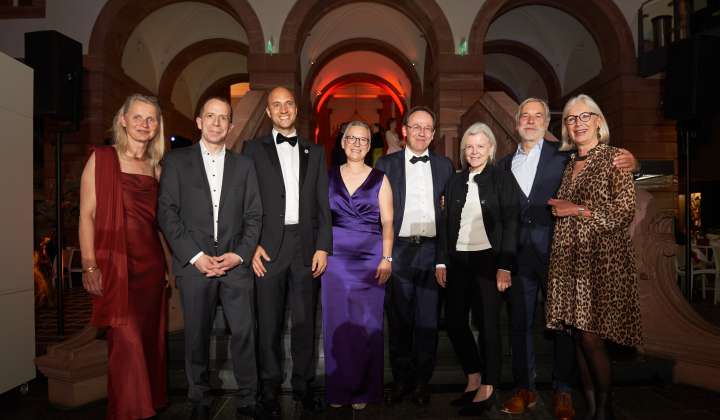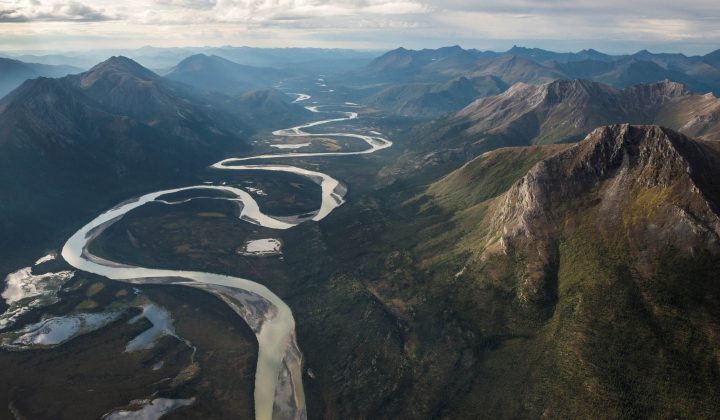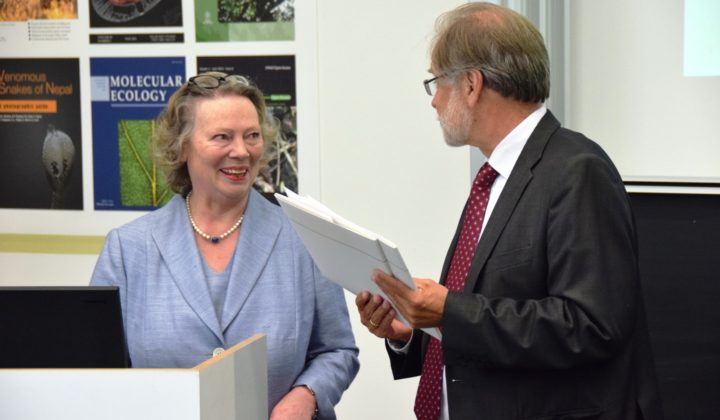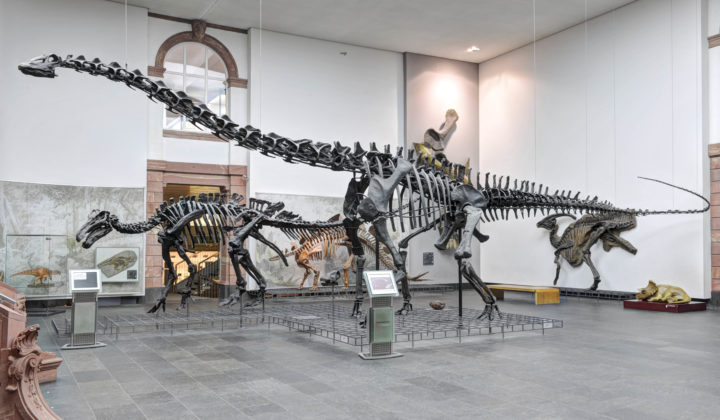Wolfgang-Strutz Doctoral Award
The Senckenberg Society for Nature Research (SGN) and its research institutes stand for modern bio- and geodiversity research and socially relevant analyses of the processes and changes in the earth system.
This research and the roughly 200-year history of the society are closely linked to scientific collections and thus the documentation of past, present, and future diversity. It has long been recognized that biodiversity must not only be preserved for moral, aesthetic, or economic reasons, but because it is vital for us as humans. Overpopulation, transformation of use, and climate change have a dramatic impact on biodiversity. The correlation must be intensively researched and the consequences reliably assessed. We therefore need, more than ever before, especially well-trained biodiversity researchers who will work with the most modern methods, but who also have solid knowledge of organism diversity and experience working on scientific collections.
Senckenberg cooperates with various universities, in particular with the Goethe University in Frankfurt / Main, and participates in the training of doctoral students. We particularly emphasize the organismic component and the importance of the scientific collections.
In order to promote the next generation in this area, the Senckenberg Society for Nature Research usually awards the Wolfgang Strutz doctoral award every two years to honor outstanding achievements by young scientists.
The award is given to an excellent dissertation in the field of biology, paleontology. or geology, which has made an important contribution to the research of bio- or geodiversity, its formation, and its change, and which is based on Senckenberg collection material or in cooperation with one of the Senckenberg institutes.
The doctoral award is endowed with 10,000 euros, which the award winner should use for scientific work or further qualification.
The award is in honor of the long-time President (1999-2008) of the Senckenberg Society for Nature Research, Prof. h.c. Wolfgang Strutz. The winner is named and awarded at the Senckenberg Research Institute and Nature Museum in Frankfurt am Main.





